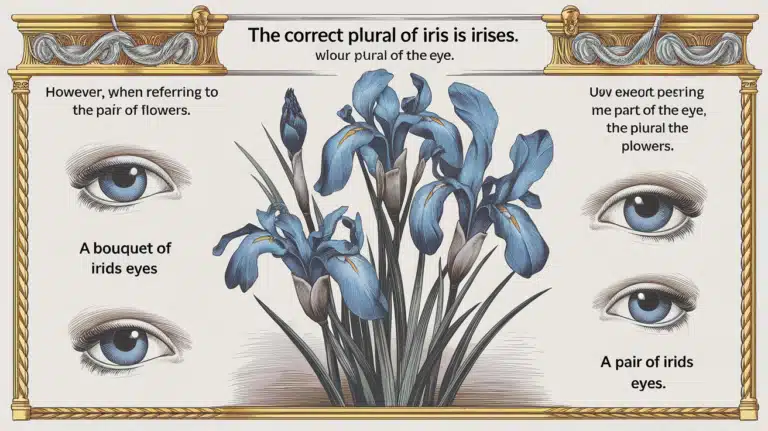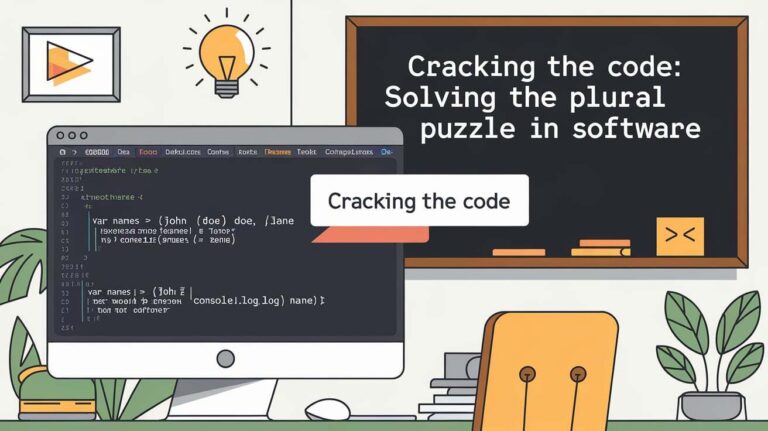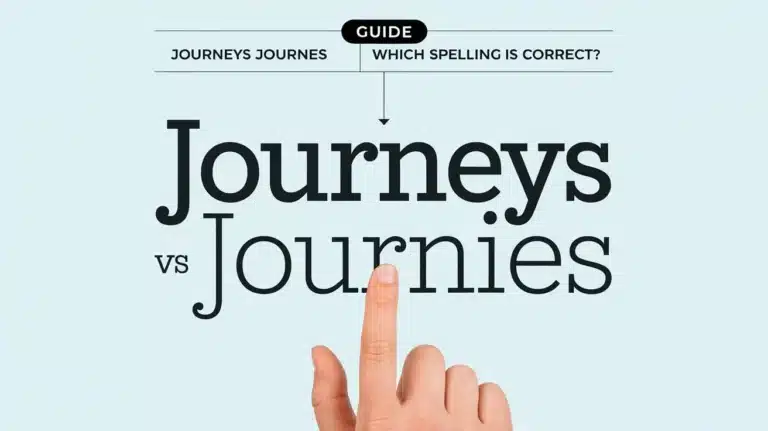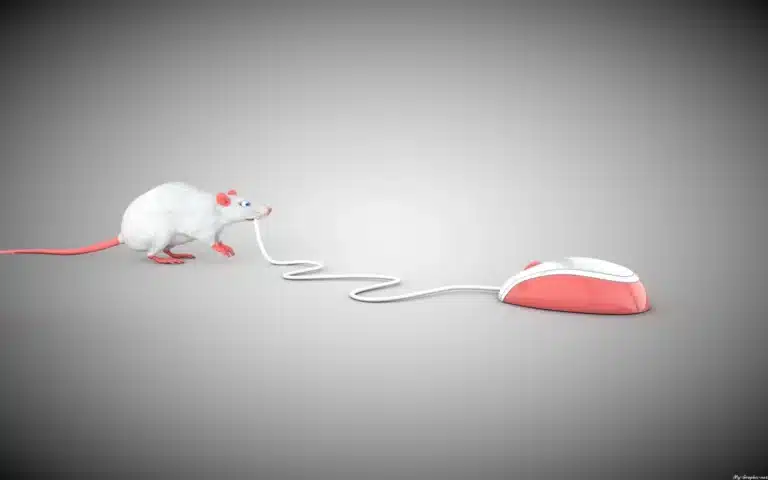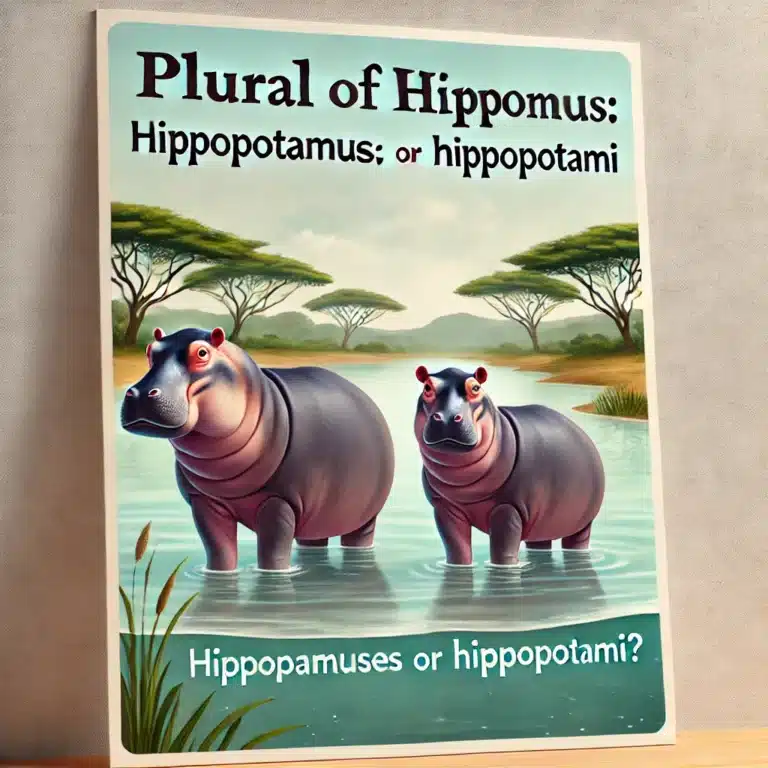A Comprehensive Guide on:What is the Past Tense of ‘Seek’? Is it ‘Seek’ or ‘Sought’?
English can be tricky when it comes to irregular verbs, and “seek” is one of those words that might make you pause for a moment. If you’re here, you’re likely wondering whether the past tense of “seek” is “seek” or “sought.” This confusion isn’t uncommon, especially in a language with so many exceptions.
In this blog post, we’ll dive deep into the past tense of “seek,” explain why it’s not “seeked,” and help you master its proper usage. You’ll also get a better grasp on verb forms, learn a few storytelling tips, and even pick up some language tricks along the way.
Understanding the Present Tense of “Seek”
Before we get into the past tense, let’s break down the present tense. “Seek” means to look for or attempt to find something. It’s an action word (a verb) that implies the quest for something valuable—whether it’s wisdom, knowledge, or even a tangible object.
Usage of “Seek” in Present Tense
In daily life, we often use “seek” to describe ongoing or regular actions. Here are a few examples to clarify:
- “I seek guidance from my mentors every day.”
- “They seek solace in nature when life gets tough.”
Notice how the word suggests a quest for something? Whether it’s inspiration or truth, “seek” is a verb that emphasizes an active pursuit. It’s also worth noting that seek is typically used in more formal contexts, compared to its more casual counterparts like “look for” or “search.”
The Past Tense: Why It’s “Sought,” Not “Seeked”
Now, let’s address the main point of this article: the past tense of “seek.” When you want to refer to something you were looking for in the past, the correct word is “sought”—not “seeked.”
Why “Sought” and Not “Seeked”?
The reason behind this lies in the nature of irregular verbs in English. While most verbs follow a predictable pattern (like “walk” becomes “walked”), irregular verbs, like “seek,” don’t adhere to this rule. Instead of adding the standard “-ed” ending, “seek” becomes “sought” in the past tense.
Here’s a clear example:
- Present tense: “I seek new opportunities every year.”
- Past tense: “Last year, I sought new opportunities in different fields.”
So why isn’t it “seeked”? Irregular verbs in English are a linguistic relic, stemming from old Germanic roots that have evolved over time. The irregularity has persisted, giving us quirky forms like “sought” instead of “seeked.”
Read More About : A Complete Guide On What Is the Plural of Chief? Chiefs or Chieves?
Examples of “Sought” in the Past Tense
Here are a few more examples to demonstrate the use of “sought” in everyday sentences:
- “She sought wisdom from the elders in her community.”
- “They sought adventure in distant lands during their travels.”
- “We sought solace in the quiet of the countryside.”
In each of these sentences, “sought” implies a completed action—something that happened in the past. This irregular verb form can be tricky, but once you know it, it’s easy to recognize and use correctly.
Present vs. Past: A Quick Comparison
To make things easier, let’s break down “seek” and “sought” in a simple table that shows the present tense and past tense forms of the verb:
| Verb Form | Present Tense | Past Tense |
|---|---|---|
| Seek | Seek | Sought |
When you’re talking about something happening right now or regularly, use “seek.” When referring to an action that happened in the past, use “sought.”
Transition Between Present and Past
To illustrate this transition, let’s look at how you might switch between the two tenses in conversation:
- Present: “I seek adventure whenever I travel.”
- Past: “On my last trip, I sought adventure by visiting a remote island.”
Notice how the verb shifts from seek to sought depending on whether you’re talking about the present or past.
Common Mistakes and How to Avoid Them
One of the most frequent errors English learners make is saying “seeked” instead of “sought.” While it may seem logical to add “-ed” to form the past tense, this isn’t the case with irregular verbs like “seek.” Here’s how to avoid this mistake:
Tips for Remembering “Sought”
- Visualize a quest: Think of someone who once sought something valuable. Linking the word to a sense of adventure or quest can help lock the irregular form into your memory.
- Use repetition: The more you use “sought” in sentences, the easier it becomes to recall the correct form.
- Flashcards: Write down irregular verbs like “seek/sought” on flashcards. Test yourself regularly to reinforce their correct usage.
When to Use “Seek” vs. “Sought”
Knowing when to use seek versus sought is crucial for effective communication. Here are some simple guidelines:
- Use “seek” when talking about actions happening right now or regularly.
- Use “sought” when referring to actions that occurred in the past.
Everyday Scenarios
Here’s how you might use seek and sought in different scenarios:
- Present tense: “I seek wisdom through reading each day.”
- Past tense: “Yesterday, I sought wisdom in ancient texts.”
By following these rules, you’ll avoid confusing your readers or listeners.
Synonyms for “Seek” and “Sought”
If you want to vary your vocabulary, consider using synonyms for seek or sought. These alternatives can add richness to your writing while keeping it clear and engaging.
Synonyms for “Seek” (Present Tense)
- Pursue
- Search for
- Look for
- Strive for
Synonyms for “Sought” (Past Tense)
- Pursued
- Searched for
- Looked for
- Strived for
Using synonyms helps avoid repetition and makes your sentences more dynamic.
Mastering the Verb Game: Tips for Handling Irregular Verbs
Irregular verbs, like “seek” and “sought,” can be challenging to master. But with a few tricks, you can become a pro at identifying and using them correctly.
Study Techniques
- Use flashcards: Create cards for the most common irregular verbs. Test yourself regularly.
- Practice in context: Make sentences with irregular verbs in both their present and past forms.
- Mnemonic devices: Come up with memorable phrases that link the verb to its irregular past tense.
For example, for “seek/sought,” you could use the phrase:
**”The wise have always *sought* the truth.”**
By practicing these methods, you’ll find that using irregular verbs becomes second nature.
Wrapping Up: Mastering “Seek” and “Sought”
We’ve covered a lot in this post, but here are the main takeaways:
- “Seek” is the present tense of the verb.
- “Sought” is the past tense, and “seeked” is incorrect.
- Use “seek” when talking about ongoing actions and “sought” when referring to completed actions in the past.
- Avoid common mistakes by practicing and using visual memory aids.
- Vary your language with synonyms like “pursue” and “search for.”
By mastering this verb form, you’ll not only improve your understanding of English grammar but also enhance your overall storytelling skills, whether you’re writing or speaking.
Ready to take on more irregular verbs? Continue exploring, seeking more knowledge, and sought after adventures in the language game of English.
This blog post provides a complete, engaging, and informative breakdown of “seek” and “sought,” with practical tips to help you master this tricky verb!


